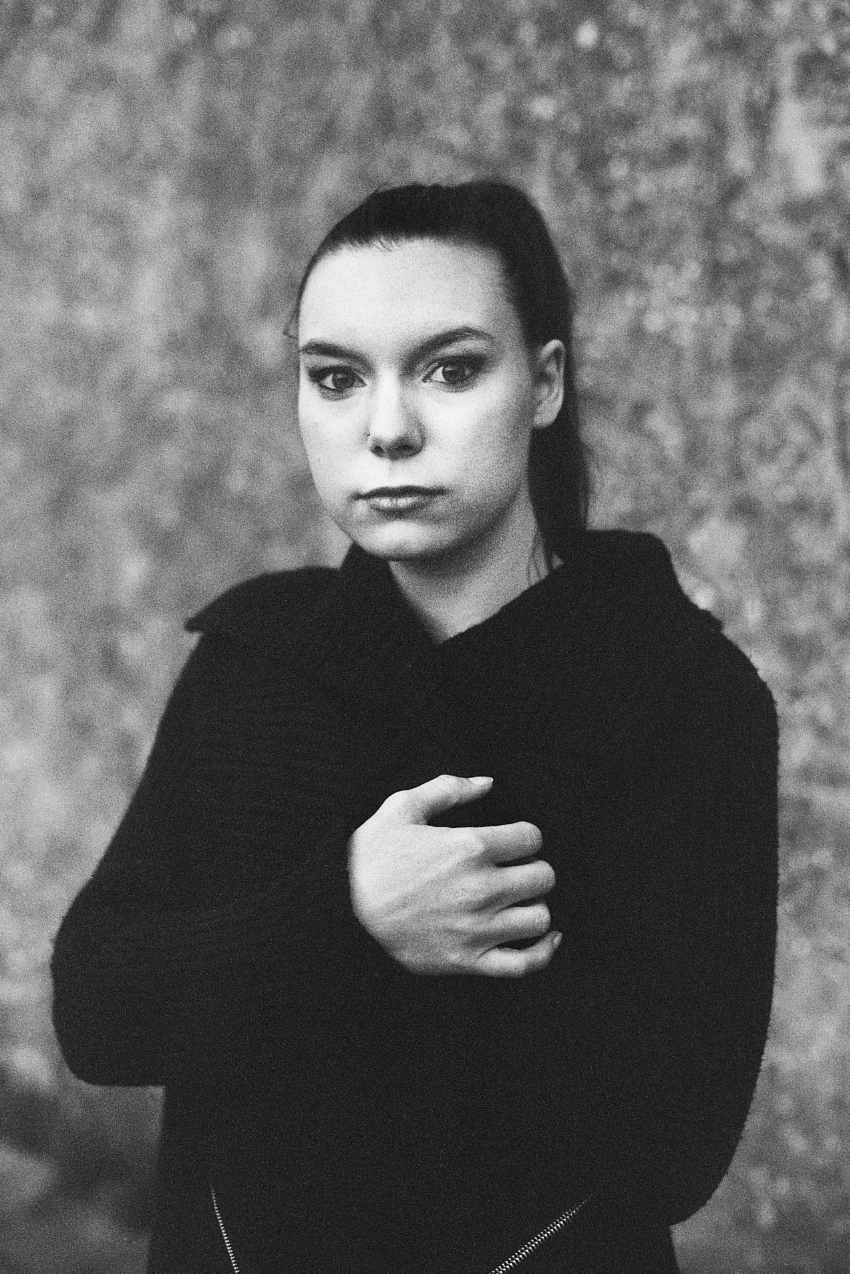28.01.23 - 21.05.23

Vernissage : 28.01.23 à 18h30
Dimitri Michaux. Syllogomanie
For Dimitri Michaux, photography has been self-evident for a long time. “I completed my secondary education at the IATA in Namur and moved towards the “Art” section in my third year. From the fourth year until the end of my secondary education, I attended classes in the photography section.” He developed a passion for photography years earlier. “I turned to photography because it had been an area I had liked for a long time. I discovered the world of photography through my mother’s husband who was into photography himself. He worked with film, and I liked the craftmanship side of his work, the photo lab, the baths ... I wanted to get into photography in that way, in the way photographers used to work.” In the beginning, he therefore worked alone with film, experimenting and discovering everything he could, learning as a self-taught photographer. After the IATA, he wished to take his passion further and then turned towards schools of photography. “I was aware of the reputation of “Le 75” in the silver field. It seemed the most obvious choice to me.” During his studies, he did evidently delve into digital photography but, at the same time, continued his exploration of the fundamentals of photography.
The project that he is presenting in La Galerie du Soir is however the product of digital photography and arose from a combination of circumstances. “It all began with work set by teachers during the Covid period. As we were unable to consider any outdoor reporting, the teachers proposed that we should work on the topic of “At home”. At the outset, it had no connection with my graduate thesis, but once I got started, I said to myself that it was perhaps something interesting, worth developing.” Dimitri Michaux actually addresses a rather unexpected subject: his mother’s pathology. “My mother has always been hoarding things, systematically. This takes up all the space in the house. This is a situation that affects me a lot, but I cannot do anything to change it. Making it the subject of my work was a way of desensitising myself to some extent in relation to all that and portraying someone who does not see there is a problem.”
The young man firstly inquired into this pathology, which bears the scientific name of “syllogomania”, and he envisaged photographing various people who suffered from the disorder. “I quickly realised that it would take me a lot of time to find them, explain my project, obtain their agreement ... I therefore decided to focus on family life, at home, within the family world.”
In fact, Dimitri Michaux lives with his sisters in the house where his mother hoards any kinds of objects. When he started his work, it was no surprise to anyone. “I have always been taking pictures since I was 7 years of age. My mother and my sister are used to seeing me constantly with a camera in my hand.”
The main problem, however, remains the actual shooting of the photographs. “It was very complicated because the rooms are so cluttered that there is not enough distance to step back and there is little light. It was not simple to find the right angle. And then I was so used to this way of living that I no longer noticed things. Since I was living in student digs during that period, I would come home once a week and so I had to learn to rediscover the house.”
He dives back into that world where tin cans, packets of pasta, bottles of oil, bowls, shoes, kitchen utensils, trinkets, etc. pile up. “I took pictures of something or other that hit me all of a sudden. It was somewhat like at-home, street photography.”
The outcome is very impressive ... except for his mother and his sisters. “They did not have any particular reaction because it’s natural for them. It is their everyday life. My mother was a little surprised all the same, but not at all bothered.” As for those who discover his work, Dimitri Michaux wishes to arouse their curiosity. “At the outset, there is that impression of excessiveness, oppressiveness. There is also the impression of intruding into our family privacy. But afterwards, I think that people can move from one picture to the next and still discover something more. There is so much to see that there is no end to it.”

